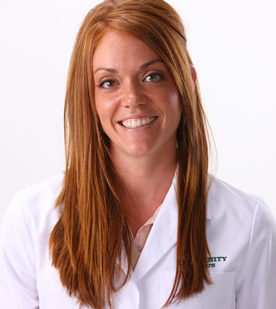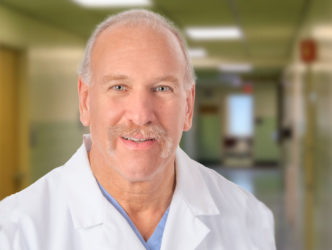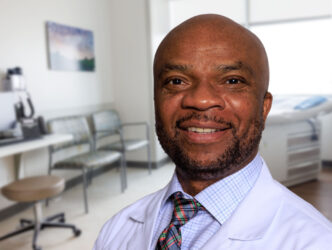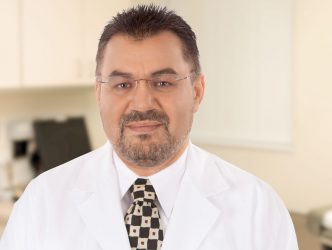(MINOT, ND) – As a Medicare recipient, have you ever wondered why you’re allowed to make an appointment at will with an optometrist, podiatrist, or chiropractor, but before you can seek care from an audiologist you first must obtain a referral from a doctor or other primary care provider?
It’s an inconsistency that has existed in Medicare’s rules and regulations, but it’s one that would be eliminated if Congress passes the Audiology Patient Choice Act.
Similar versions of the bill are wending their way through the U.S. House and Senate. Trinity Health Audiologist Tricia Nechodom, Au.D., and other members of the Academy of Doctors of Audiology recently visited Washington, D.C., urging support of the bipartisan legislation on behalf of patients.
‘Only 5 to 10 percent of hearing loss is medically treatable, which means 90 percent of the time a referral is an unnecessary step,’ Nechodom said. ‘Medicare’s referral requirements should be reformed to give seniors direct access to audiology services. The important thing is that patients be allowed to seek treatment quickly and not have to delay hearing care.’
Audiologists are doctoral level specialists who are experts in providing audiological evaluation and treatment to patients of all ages. Other federal health benefit programs, such as Veterans Affairs, already allow direct access to audiologists, as do many private health insurance plans. ‘These bills would bring Medicare in line with best practices and give audiologists the same status as optometrists, podiatrists, dentists, and chiropractors,’ Nechodom added.
The Audiology Patient Choice Act has two key provisions which would:
1. Improve access to qualified licensed Medicare providers by allowing seniors with a suspected hearing or balance disorder to seek treatment directly from audiologists, eliminating medical doctor referral requirements.
2. Allow patients to choose among qualified providers for Medicare-covered audiology services by authorizing Medicare to reimburse audiologists for the services that they are licensed to provide.
While in Washington, Nechodom was able to visit with North Dakota Senator Heidi Heitkamp as well as aides for Senator John Hoeven and Representative Kevin Cramer. ‘I’m cautiously optimistic,’ she said. ‘Congress is looking for ways to reduce medical spending. This bipartisan bill offers a common-sense approach. Medicare patients should have the same choice and ease of access to audiology services as do most Americans.’
She noted that people can learn more about Senate Bill 2575 and House Resolution 2276 by visiting 18×18.org.




